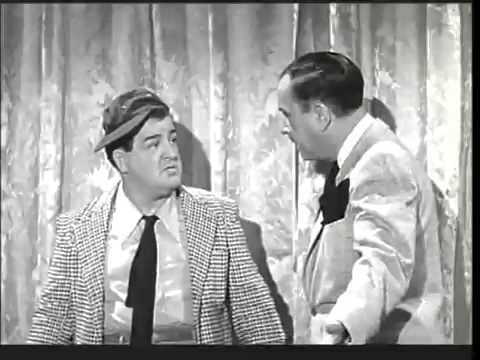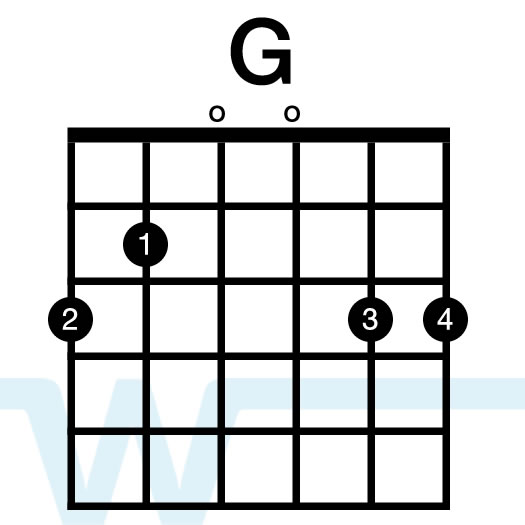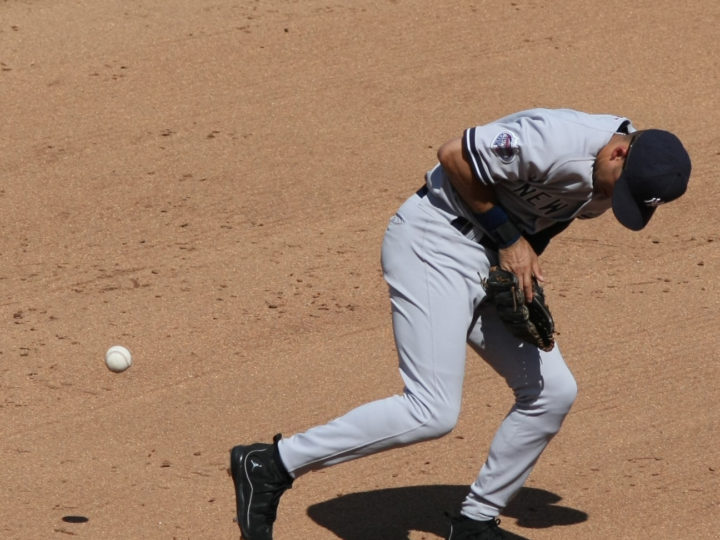I was speaking with a man the other day about therapy. He mentioned that he had heard how therapy was not the best format for men. He argued that men often relate in different ways or at least like to be involved physically while talking, as opposed to sitting in an office. For this reason, sports are often a great place to draw examples of overcoming challenges because men can relate to succeeding in this physical realm. The key is generalizing from the sport to our lives. Thus, I leave you with two sports stories. I hope you can take their message and apply it to your life.
“I think I’m dying”
Charlie Beljan is a rookie in the most mental game around, the PGA Tour. He finished his second round by scoring a 64 on the road to his first win and an $864,000 payday. However, he was playing with a different kind of handicap (pun intended). During that second round, his second lowest of his career, he had a panic attack. He felt his heart racing, his chest tighten and he looked over at his caddy and said, “I think I am dying.” Fortunately, his heart attack was just an anxiety attack on adrenaline.
Check out the full story here: http://www.nytimes.com/2012/11/13/sports/golf/charlie-beljans-panic-leads-to-hospital-and-then-pga-title.html?_r=0
Also: http://www.youtube.com/watch?v=869m3DvAIMQ
What struck me was that this is the ultimate story of overcoming anxiety and a panic attack. He won a four round tournament against the world’s best competition even while he thought he might die. It proves what we all know in our head, but not always in our heart… anxiety is almost always worse than what the actual outcome will be. We know this because the most logical person would conclude that playing with extreme anxiety would get in your head enough that you place 2nd in a professional sporting event. Not for Charlie Beljan and probably not for us either.
“Something to learn from winning and something to learn from losing.”
There could be a book written about R.A. Dickey, the star pitcher for the NY Mets who recently won the most prestigious award in all of pitching and one of the top awards in all of sports, the Cy Young Award. In fact, there has been: http://www.amazon.com/Wherever-Wind-Up-Authenticity-Knuckleball/dp/0399158154
I was a terrible baseball player when I was growing up, but my favorite baseball player is and was Nolan Ryan. A man who holds the record for most strikeouts, but never won the Cy Young. To be a Cy Young award winner… Ugh… I have trouble finishing the sentence.
But R.A. Dickey won it. He won it at 38 years old. He won it with a pitch that he developed a year and a half ago. He won it after being in the majors for 11 years, never being considered a good pitcher, much less one of the greats. He won throwing a knuckleball. No one has ever won the Cy Young as a knuckleballer until R.A. Dickey.
I’ve heard Dickey interviewed a couple of times. His story would make a grown man sigh and a weaker one bawl his eyes out. Overcoming childhood sexual abuse, depression and suicidal thoughts, this guy has not had an easy road to the top.
Most recently though I heard him interviewed about the Cy Young he had just won. His reaction was almost non-plussed. He understood what the award was and what it meant, but he saw it as a benchmark.
To Dickey, the Cy Young had his name on it, but should have the name of all the people who contributed to his growth as a person and a baseball player. He said his identity used to be wrapped up in his performance as a baseball player. I could see changing this because you sucked as a pitcher. I mean who needs to go home and beat themselves up every night because you can’t strike out A-Rod or Jeter and are just trying to be good enough to stay out of the minor leagues? But I might change my tune after I’ve been named a Cy Young award winner. There are plenty of examples of this in the sports culture. Do you think Tiger or Lebron would say something like, “There is a something to learn from winning and something to learn from losing.”
Roles models for how to strive for professional and personal success and growth are few and far between. We should hold up those that are humble and celebrate the successes of those that overcome adversity in all areas of their life. I particularly like the idea that we are not our performance in a given moment. A more genuine and accurate approach views self-identity in context of the whole person, incorporating both strengths and weaknesses.
Nolan, you have some competition.
*Reposted from November, 2012*




